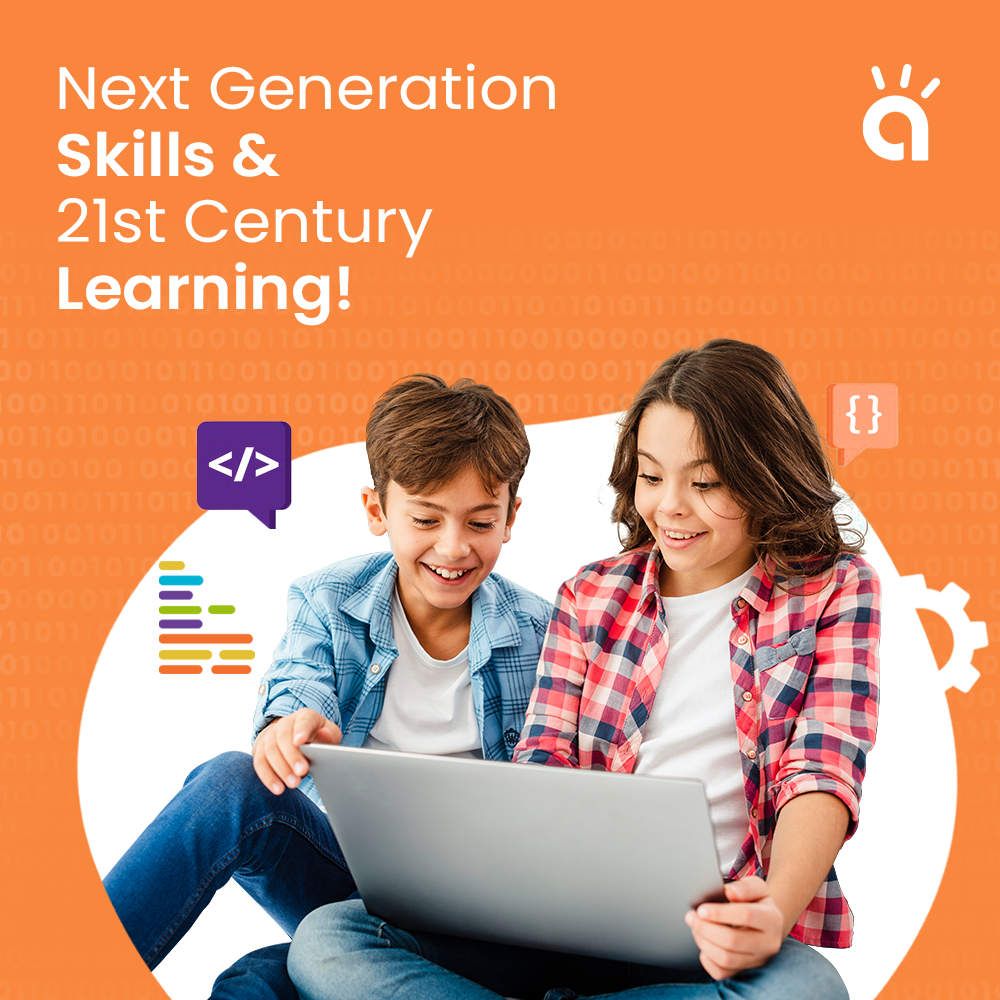Lifelong Learning is an essential characteristic that one needs to develop. We are each responsible for our own learning process, and curiosity plays a huge role in our desire to learn. The era we are living in is all about curiosity, the speed of learning, and the ability of learning - commonly referred to as Learning Power.

Dr. M.M Pant, Ex-Pro Vice-Chancellor of IGNOU, takes a deep dive into skills that are most relevant to the 21st century such as critical thinking, the process of learning, and computational thinking. He shares his first-hand experience of the gradual change the world has witnessed over the years. He applies Moore’s Law to explain how electronics and computing are getting better and cheaper with every passing decade. Look at today’s pandemic situation, where remote teaching, video chats, and collaboration channels are the new normal.
Dr. Pant cites Hemingway’s words in his work The Sun Also Rises - ‘the initial growth happened slowly and then very rapidly’. He uses these words to speak about how we have responded to this rapid change. “How to learn” is considered more important than “what to learn”. He points out Cognitive Scientist Guy Claxton’s ‘Learning Power’ where you learn more when you are not taught what to do.
He advises educators to prepare their students for the unknown world by developing cognitive abilities and learning power. Talking about the shortcomings of today’s educational programs and the lack of support from government bodies, Dr. Pant believes it is in the hands of the educators and parents to bring a much-needed change. When asked for advice, he urges parents to understand the power of learning. Focus on maximising the learning potential of your children rather than limiting them to a minimum standard of learning. Instead of focusing on the final results, such as getting into esteemed institutes like the IITs, focus on the learning process your child has built. Know the values that Science and STEM bring to not only knowledge but your child’s critical thinking, reasoning and learning abilities. It is important to build a scientific temper in children, which will help them keep learning for a lifetime. He advises the educators not to treat teaching as a duty, but to believe in a passion for education, which will bring a learning process to life.
Today’s technology is helping shape a generation of young explorers. Pooja Goyal, Co-founder and COO at Avishkaar, citing the challenges of today's teaching methods explains that this crucial part of learning can be achieved through storytelling. The stories of the existence and discovery of these concepts stick with students longer than the theoretical concepts and formulae do.
The next big wave in Educational technology is Artificial intelligence. Today, while the world is advancing quickly, artificial intelligence is still seen as an ‘add-on’. But AI will bring about a much-needed transformation with its power to overcome several limitations of the Education system if properly harnessed. The AI industry itself tends to ignore its application in education. Anthony Seldon, British educator and Vice-Chancellor of the University of Buckingham, says ‘Education is the Cinderella of the AI story.’ Educators must use this opportunity to use AI before others catch on.
Ashok Goyal from Georgia Tech gives the example of having Teaching Assistants in the form of AI, to create an efficient teaching process. He says AI can overcome the drawbacks of the learning process, making every learner a better learner, and every educator an effective teacher. The fear of the education sector towards AI is that it sees this equation as AI vs. Teachers, while in reality, it is AI alongside a Teacher. According to Ashok Goyal the problem-solving skills, you learn while coding is more important than learning to code itself.
Talking about the importance of creating learning communities, he believes they should take charge of the learning process. Goyal also says that everyone should question themselves - “what does it mean to know something? Can you teach this to someone? Can you program it and can you create a system that can learn it? If you can, you have in a true sense learned something. If you can do it only yourself, that is a limiting form of learning.” These wise words once again stress that the ability to learn is after all, more important than what you learn itself!














